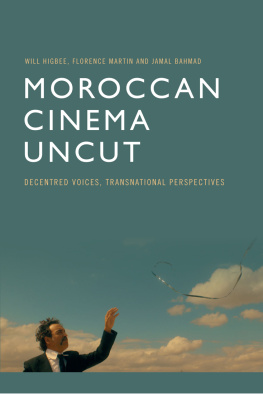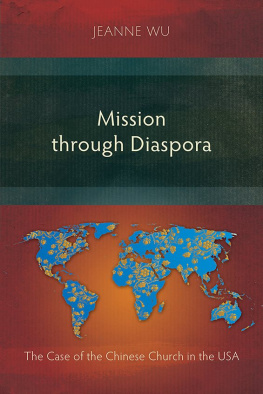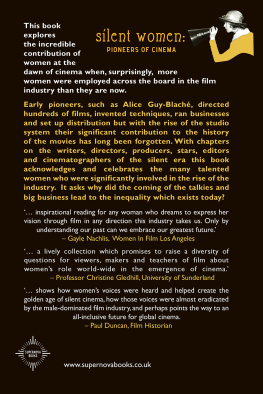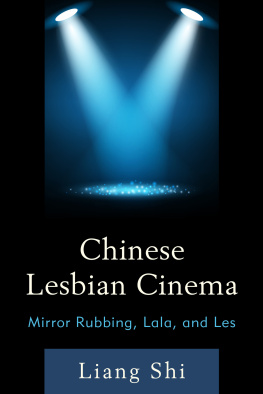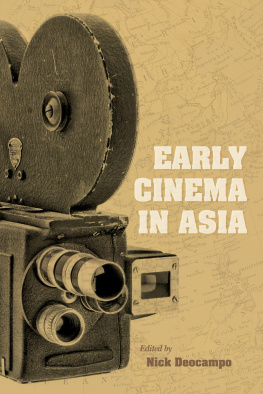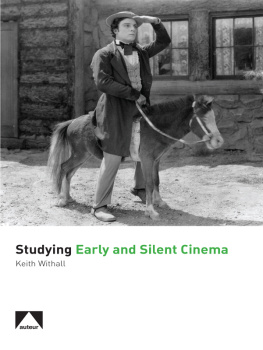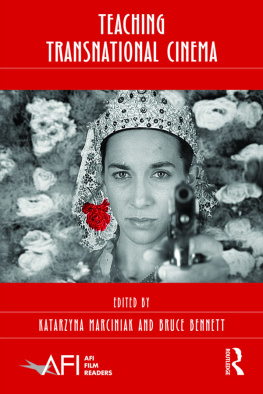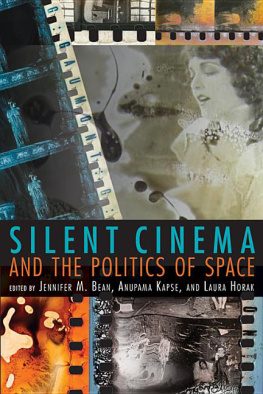The Early Transnational Chinese Cinema Industry
Based on extensive original research, including in studio archives, industrial surveys, official records, trade journals, and English and Chinese newspapers, this book explores the role of the American film industry in the development of cinema in China. It examines the Chinese industrys response to the American industry and the consequences of this response. It also considers the attitudes of Chinese film practitioners towards Hollywood and the contribution of those figures who acted as intermediaries between the two industries. Overall, the book casts much new light on the early development of the film industry in China and demonstrates the huge influence Hollywood had on it.
Yongchun Fu is an associate professor in the School of Media and Design, Ningbo Institute of Technology, Zhejiang University, China.
Media, Culture and Social Change in Asia
Series Editor: Stephanie Hemelryk Donald
Editorial Board
Gregory N. Evon, University of New South Wales
Devleena Ghosh, University of Technology, Sydney
Peter Horsfield, RMIT University, Melbourne
Chris Hudson, RMIT University, Melbourne
Michael Keane, Curtin University
Tania Lewis, RMIT University, Melbourne
Vera Mackie, University of Wollongong
Kama Maclean, University of New South Wales
Laikwan Pang, Chinese University of Hong Kong
Gary Rawnsley, Aberystwyth University
Ming-yeh Rawnsley, School of Oriental and African Studies, University of London
Jo Tacchi, Lancaster University
Adrian Vickers, University of Sydney
Jing Wang, MIT
Ying Zhu, City University of New York
The aim of this series is to publish original, high-quality work by both new and established scholars in the West and the East, on all aspects of media, culture and social change in Asia.
60 South Korean Popular Culture and North Korea
Edited by Youna Kim
61 Russian Nationalism
Imaginaries, Doctrines, and Political Battlefields
Marlene Laruelle
62 Digital Chinas Informal Circuits
Platforms, Labour and Governance
Elaine Jing Zhao
63 The Early Transnational Chinese Cinema Industry
Yongchun Fu
For a full list of available titles please visit: https://www.routledge.com/Media-Culture-and-Social-Change-in-Asia-Series/book-series/SE0797
The Early Transnational Chinese Cinema Industry
Yongchun Fu
First published 2019
by Routledge
2 Park Square, Milton Park, Abingdon, Oxon OX14 4RN
and by Routledge
52 Vanderbilt Avenue, New York, NY 10017
Routledge is an imprint of the Taylor & Francis Group, an informa business
2019 Yongchun Fu
The right of Yongchun Fu to be identified as author of this work has been asserted by him in accordance with sections 77 and 78 of the Copyright, Designs and Patents Act 1988.
All rights reserved. No part of this book may be reprinted or reproduced or utilised in any form or by any electronic, mechanical, or other means, now known or hereafter invented, including photocopying and recording, or in any information storage or retrieval system, without permission in writing from the publishers.
Trademark notice: Product or corporate names may be trademarks or registered trademarks, and are used only for identification and explanation without intent to infringe.
British Library Cataloguing-in-Publication Data
A catalogue record for this book is available from the British Library
Library of Congress Cataloging-in-Publication Data
A catalog record has been requested for this book
ISBN: 978-1-138-59237-7 (hbk)
ISBN: 978-0-429-49006-4 (ebk)
Typeset in Times New Roman
by codeMantra
To Haibo, Joe, and Yoyo
Writing a book is an adventure, and an academic book is no exception. In retrospect, I feel extremely grateful for the support of colleagues, friends, and family during the writing of this book.
This book originated from my doctoral thesis, undertaken at the University of Auckland, New Zealand, between 2009 and 2014. I would like to thank my two supervisors Xuelin Zhou and Laurence Simmons for their invaluable advice and continued support after graduation. Paul Clark, my PhD advisor, encouraged my interest in early Chinese film history and my urge to pursue empirical evidence. I express my thanks to Zheng Han for his continual academic support over the years. Professor Zheng is the person who introduced me to academia. The late Jin Guanjun , my supervisor at Shanghai University, remains my lifelong mentor and model. Sheldon Lu encouraged me to publish my doctoral thesis. Thanks also to Emilie Yueh-yu Yeh for her help on this book and with my academic career. Yoshino Sugawara and Sun Shaoyi each reviewed one chapter. Shi Chuan provided me a copy of Lu Jies diary, which significantly benefited the writing of my chapter on modes of production. I thank Song Hwee Lim for his insight and honest suggestions on my academic career. Special thanks to Stephanie Hemelryk Donald for her interest in this book and her encouragement and suggestions. Mike Walsh helped me to explain the distribution terms and shared his knowledge on the United Artists Corporation.
I take this opportunity to thank Olivia Macassey, who is way more than a copy editor to me. Her diligent persistence inspired me during a hard time. Peter Sowden and Rebecca McPhee at Routledge have provided enthusiastic editorial support and guidance. I feel grateful to my colleagues and friends in New Zealand and China for discussion and companionship over the years: Jani Wilson, Susan Potter, Cassandra Barnett, Anna Jackson, Echo Zi Fan , Zhao Peng , Luo Ting , Cao Xiaojie , and Xue Feng . At Ningbo Institute of Technology, I am indebted to Shao Peiren for introducing me to this university. Thanks are due to my colleagues Wang Junwei , Qiu Zitong , and Maria Elena Indelicato.
This research for this book was funded by The National Social Science Fund of China ( 18BC07530). In addition, I am thankful to the following individuals and institutions for permission to reprint the photographs in this book: David Crellin and Historical Photographs of China, University of Bristol. I am grateful to Anthony Jesu, Verna Jesu, and Rigo Jesu for providing information about A. E. Lauro. appeared in Sungkyun Journal of East Asian Studies. I thank these two journals for permission to reprint the material here.
I am indebted to my family in Linqu, Ningbo, Shijiazhuang, and New Zealand. I am deeply grateful to my wife, Haibo Hou , and my twin children, Houmuxi Fu and Houqingxi Fu , who continue to inspire me in all that I do. I dedicate this book to my family.
What would the American film industry bring to a domestic film industry outside the United States? This question has often been raised since Hollywood films started to dominate world film markets after the First World War. The reason, in the words of Kristin Thompson, is that [m]ost national cinemas consist not only of domestic tendencies, but also of the influences film-makers and audiences picked up from the presence of American films. Such debates have become inflamed in the wake of an upsurge of theories of globalisation, particularly those of cultural imperialism. A better understanding of the relations between the American and the domestic film industries, in my view, needs to be based on a more detailed understanding of the past.




